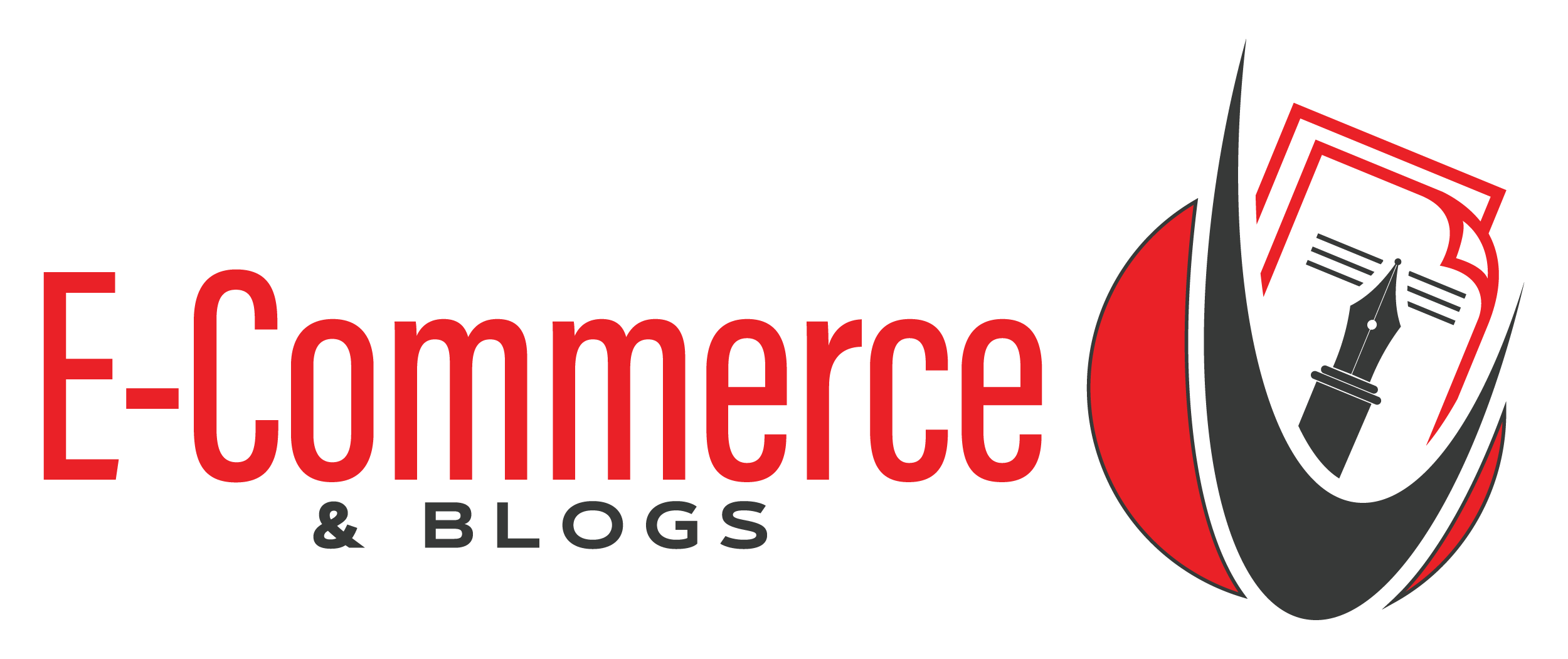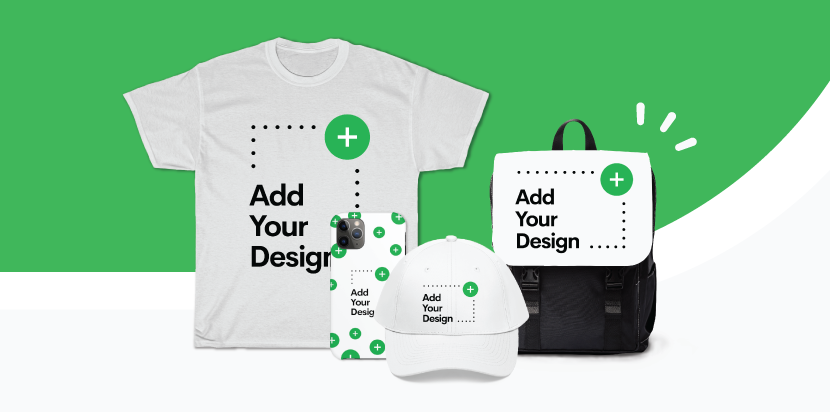Personalization has become a powerful tool for businesses looking to stand out in today’s consumer-driven market. Customizable products, such as T-shirts, hats, and mugs, offer a unique opportunity for brands to connect with their customers personally. By allowing customers to add their own touch, businesses enhance customer satisfaction and foster brand loyalty. Here’s how you can successfully offer customizable products like T-shirts, hats, and mugs to meet the growing demand for personalized items.
1. Understand Your Audience
Before diving into the world of customizable products, it’s crucial to understand your target audience. What do they value in a personalized product? Are they looking for gifts, promotional items, or personal keepsakes? Conduct surveys, analyze market trends, and gather feedback to tailor your offerings to meet your audience’s preferences. For example, if your audience is primarily looking for gifts, consider offering options that allow for special messages or images.
2. Choose the Right Platform
To streamline the customization process, invest in a reliable platform or software that enables easy design and ordering. Many online tools and services offer user-friendly interfaces for designing custom products. Look for platforms that provide a wide range of customization options, such as text, images, and color choices. Additionally, ensure that the platform integrates seamlessly with your e-commerce site for a smooth customer experience.
3. Select High-Quality Materials
The quality of the final product reflects your brand’s commitment to excellence. For T-shirts, hats, and mugs, choose high-quality materials that ensure durability and comfort. For T-shirts and hats, opt for fabrics that are soft, breathable, and resistant to wear and tear. For mugs, select sturdy ceramic or glass that can withstand frequent use and washing. High-quality materials not only enhance the customer’s experience but also reduce the likelihood of returns and complaints.
4. Offer Design Flexibility
One of the key selling points of customizable products is the ability for customers to express their creativity. Provide a range of design options, including different fonts, colors, and graphics. Allow customers to upload their own images or choose from a library of pre-designed templates. Offering flexibility in design ensures that customers can create something truly unique and personalized.
5. Ensure Easy Ordering and Delivery
A smooth ordering process is essential for customer satisfaction. Make sure your e-commerce platform is intuitive and easy to navigate. Include clear instructions for customization and provide a preview of the final product before checkout. Efficient delivery and shipping are also crucial. Offer multiple shipping options and keep customers informed about their order status. Timely delivery enhances the overall customer experience and encourages repeat business.
6. Promote Your Customizable Products
Once your customizable products are ready to go, it’s time to spread the word. Use social media, email marketing, and your website to showcase your offerings. Highlight customer testimonials and feature popular designs to attract new customers. Engaging content, such as behind-the-scenes looks at the customization process or customer stories, can also help build excitement and drive sales.
7. Monitor and Adapt
Finally, continuously monitor the performance of your customizable products. Track sales, customer feedback, and design trends to identify areas for improvement. Adapt your offerings based on customer preferences and market demands to stay competitive. Regularly updating your product range and customization options will keep your business fresh and relevant.
Conclusion:
Offering customizable products like T-shirts, hats, and mugs is an excellent way to connect with your customers and differentiate your brand. By understanding your audience, investing in quality materials and platforms, and providing flexibility in design, you can create personalized products that resonate with your customers. With effective promotion and continuous adaptation, your customizable product line can become a key driver of your business’s success.




